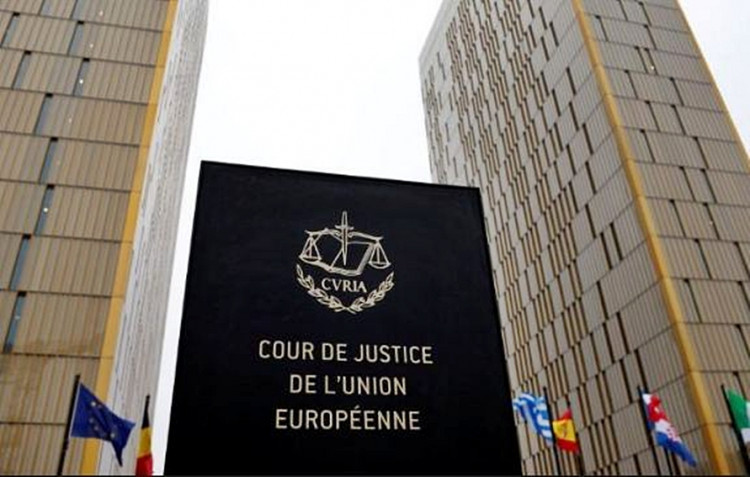The impossibly complicated travesty that is Brexit has seen Prime Minister Theresa May suffer three humiliating Brexit defeats in the single day of Dec. 4. It's seen louder and louder calls for a People's Vote or a referendum that will likely see Brexit defeated by a resurgent Remain faction.
It's seen the hard border in Northern Ireland perplex and confuse the British public. And there are dire omens of an incredibly bad economic recession in the wings shortly after the United Kingdom finally exits the European Union on March 29, 2019.
And there are all those other incredibly complicated matters that have to be met to accomplish an orderly Brexit and not a hard one, which no one wants.
To all this confusion and maddening complexity, the Court of Justice of the European Union (CJEU) has one very simple answer for the United Kingdom -- don't Brexit at all by unilaterally revoking Article 50.
In an eye-opening opinion, CJEU has ruled the United Kingdom doesn't need outside approval from the 27 other European Union (EU) member states should it decide to terminate the Brexit process. The CJEU ruling was triggered by a case laid before it by a group of Scottish lawmakers.
The Scots sought a legal ruling on whether the UK's decision to leave the EU could be unilaterally revoked before the Brexit deadline of March 29, 2019. The group of lawmakers said they wanted clarity to help decisions to be made by the U.K. Parliament.
Responding to the Scottish case, the British government told CJEU judges they oppose the unilateral right of not Brexiting. They argued the case is a politically motivated bid to frustrate Brexit.
Article 50 allows an EU member state to trigger the process that will take them out of the EU, which binds its members politically and economically. May invoked Article 50 in March 2017.
The CJEU also heard from lawyers representing the European Commission (EC) and the Council of the European Union (CEU), which is the executive arm of the EU that represents member states' governments. The EC and the CEU argued that revoking Article 50 should involve unanimous agreement from the other 27 EU member-states.
The EU is worried that allowing a country to trigger Article 50 and then reverse the decision with no additional input from other EU member-states might become a tool for those unsatisfied with the policies of the EU.
Political pundits note there are concerns the CJEU decision might pave the way for a second referendum that will give British voters an option of remaining in the EU.
The British government said the contentious ECJ decision will have no effect of Brexit taking place by March 29, 2019. The Department for Exiting the EU further played down the importance of the CJEU ruling.






